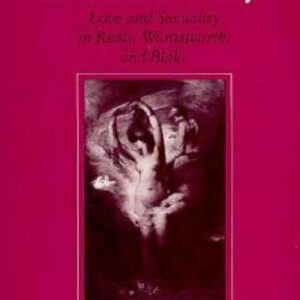
The Romantic Body: Love and Sexuality in Keats, Wordsworth, and Blake
By Jean H. Hagstrum (NHC Fellow, 1985–86; 1986–87)

By Jean H. Hagstrum (NHC Fellow, 1985–86; 1986–87)
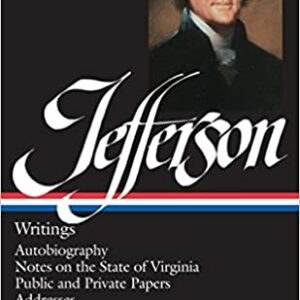
Edited by Merrill D. Peterson (NHC Fellow, 1980–81) Now fully represented in this Library of America volume is the most comprehensive testimony of the writings of our third president and foremost spokesperson for democracy. Thomas Jefferson, a brilliant political thinker, is perhaps best known for the Declaration of Independence, but he was a man of … Continued
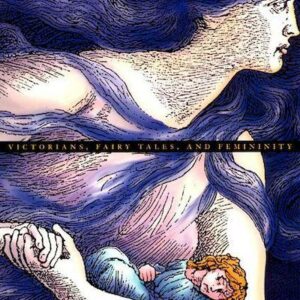
By U. C. Knoepflmacher (NHC Fellow, 1995–96)

By W. B. YeatsEdited by George Mills Harper (NHC Fellow, 1981–82) A three-volume edition of the collected papers and notebooks which comprise the "automatic writing" of W.B.Yeats. This material, which spans the years between 1917 and 1920, contains Yeats' thoughts concerning literature and art, which in turn, comprises his "vision".

By William Butler YeatsTranslated by Kejia Yuan (NHC Fellow, 1981–82)
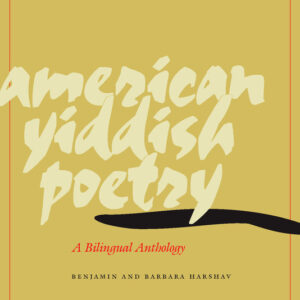
Edited by Benjamin Harshav (NHC Fellow, 1981–82), Kathryn Hellerstein, Brian McHale, and Anita Norich This remarkable volume introduces to the large English-speaking audience what is probably the most coherent segment of twentieth-century American literature not written in English. The range of American Yiddish Poetry runs the gamut from individualistic verse of alienation in the modern metropolis, responses … Continued
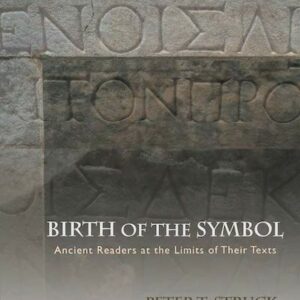
By Peter T. Struck (NHC Fellow, 2002–03) Nearly all of us have studied poetry and been taught to look for the symbolic as well as literal meaning of the text. Is this the way the ancients saw poetry? In Birth of the Symbol, Peter Struck explores the ancient Greek literary critics and theorists who invented the … Continued
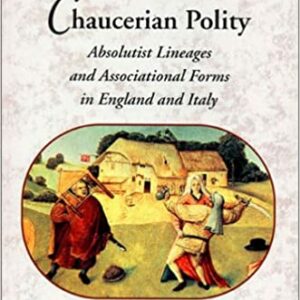
By David Wallace (NHC Fellow, 1989–90) This study of Chaucer's poetry and prose incorporates approaches gleaned from modern Marxist historiography, gender theory, and cultural studies. It presents an articulation of Chaucerian polity through analyses of art, architecture, city and country, household space, guild and mercantile cultures, as well as literary texts. The author argues that … Continued
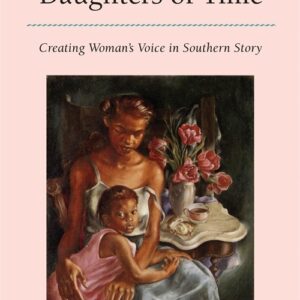
By Lucinda H. MacKethan (NHC Fellow, 1984–85) Drawing upon letters, autobiographies, and novels, Daughters of Time examines the strategies that various southern women writers have used to create their own "voice," their own unique expression of mind and selfhood. Lucinda H. MacKethan shows that, despite the constraining and muting effects of the South's historically patriarchal society, the … Continued
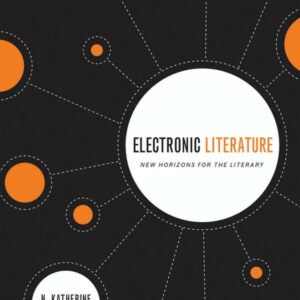
By N. Katherine Hayles (NHC Fellow, 2006–07) A visible presence for some two decades, electronic literature has already produced many works that deserve the rigorous scrutiny critics have long practiced with print literature. Only now, however, with Electronic Literature by N. Katherine Hayles, do we have the first systematic survey of the field and an … Continued